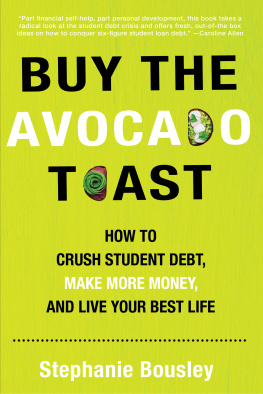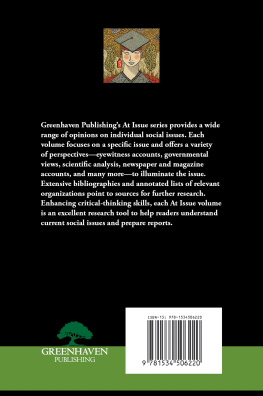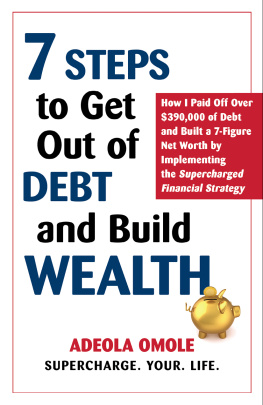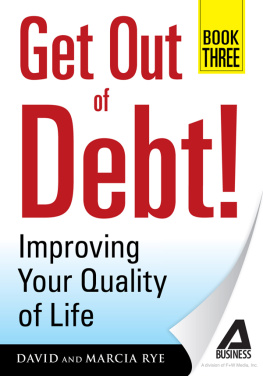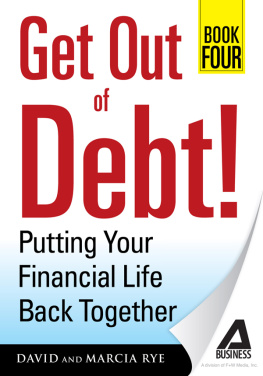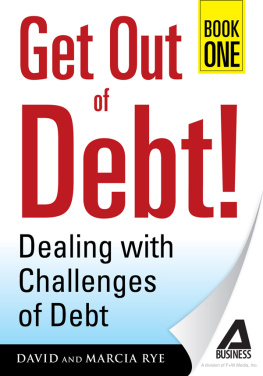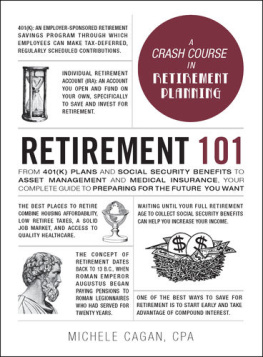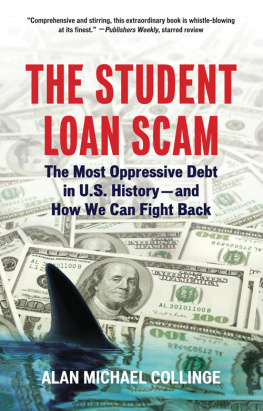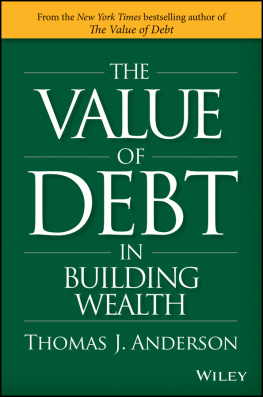ABOUT FAMILIUS
Visit Our Website: www.familius.com
Familius is a global trade publishing company that publishes books and other content to help families be happy. We believe that the family is the fundamental unit of society and that happy families are the foundation of a happy life. We recognize that every family looks different, and we passionately believe in helping all families find greater joy. To that end, we publish books for children and adults that invite families to live the Familius Nine Habits of Happy Family Life: love together, play together, learn together, work together, talk together, heal together, read together, eat together, and laugh together. Founded in 2012, Familius is located in Sanger, California.
Connect
Facebook: www.facebook.com/paterfamilius
Twitter: @familiustalk, @paterfamilius1
Pinterest: www.pinterest.com/familius
Instagram: @familiustalk

The most important work you ever do will be within the walls of your own home.
ACKNOWLEDGMENTS
I have to start by thanking my former partner, Pete, who encouraged me in my writing every day of our relationship. I know you didnt always understand my need to bolt out of bed every morning, but your support never wavered. Thanks also for giving me the courage to face my financial situation and showing me that people with a ton of student loan debt are still worthy of love (and sometimes even business class!).
Thanks also to my parents, who kept our family afloat with their blood, sweat, and tears and worked miracles daily on the tightest of budgets. I know it wasnt easy. Im sorry for not being more appreciative. Little brother, I love you unconditionally. May you find peace and happiness.
To my writing coach, Carolinethis book would simply not exist without you. There were many periods when our relationship was the only thing keeping the creative part of me alive, and for that, I am eternally grateful. You have an incredible gift of helping people bridge the gap between self-doubt and their goals. Working with you each year added meaning and purpose to my life in a way nothing else could have.
To Brittany and AdamI shudder to think what my life would look like had we not met. Adam: you taught me everything I know about tenacity, and I truly feel I can do anything after working for you. Brittany: your generosity and the opportunities you fought for on my behalf changed my life. Why you repeatedly looked out for the underdog Midwestern girl, Ill never understand. You singlehandedly restored my faith in humanity. Thanks.
Thanks to my editor, Katie, for your support and encouragement every step of our process, and to everyone at Familius for making this all happen.
George: I dont understand how we found each other in this crazy world, but every day I am happy and grateful we did. Never change And finally, to my friends in sobrietyyou know who you are. I look forward to continuing to trudge the road of happy destiny together. Thank you for my life.
CHAPTER 1
COPY HOW THERICH THINK ABOUTTHEMSELVES
I ve always compared budgeting to being on a diet. To lose weight, it seems like a good idea to restrict calories, write down everything you eat, have a weekly plan of what to eat, and so forth. However, being too restrictive often results in a binge-eating relapse. My experience is that money is similar. If I punish myself for spending money or if I stop allowing comforts of any kind, Im likely to fall off the wagon and eventually spend money in a way that makes me feel like crap.
What bothered me about other debt books is that they seemed so restrictive and patronizing, like the answer to my financial situation was in punishing myself for the rest of my life. It was like I was a child being told everything would be OK if I just gave up Starbucks and HBO. While the author may have been at one time in debt, usually it was from reckless spending in combination with forces outside of their control, not from student loan debt and predatory lending. How could that person relate to me and what I was going through?
I guess Im a person who doesnt like to be told what to do. For some reason, the idea of a person labeling himself or herself an expert on debt and personal finance seems intrinsically irritating to me. I always felt that people who make a living speaking about financial self-help have little to offer me because, unlike them, I am not trying to reinvent myself as an expert about money or get a million Instagram followers. I simply want to deal with my financial problems and get back to the life I was trying to lead before the debtas quickly as possible.
Furthermore, their advice always seemed to focus on lower levels of debt and on low-hanging fruit. Many Get Out of Debt seminars broadly advertise that one can get out of debt on any income! Do they think people in debt cant do math? How was I going to pay off $286,000 of debt while living in a major metropolitan city, paying rent, and working for entry-level money at an organization where people much more senior than I were barely making ends meet? In that scenario, it did not seem like a debt-free life would be coming anytime soon.
This is the difference between books that address $30,000 debt versus those that deal with $300,000 debt: What if instead of a restrictive diet, people in even excessive debt were encouraged to live comfortably, take vacations, pursue interests, and hire cleaners, trainers, and coaches? Most outsiders would think people with six-figure debt wanting holidays and a cleaner are incredibly stupid, arrogant, or both. Are they?
After I started working in finance and got used to being surrounded by millionaires every day, I noticed they were singing a different tuneone that resonated with me more than the existing debt books. Instead of focusing on what wasnt there (lack of money), they focused on what was there (money). At the time, money seemed extremely abstract and out of reach. But somehow, as if by osmosis, the longer I stayed in that environment, the more money eventually flowed into my bank account.
I hear what youre saying: I am an artist/journalist/public defense attorney/human rights lawyer/[insert whatever profession that resulted in six-figure student loan debt here]. Money was never important to me. Im not trying to become some sociopath on Wall Street.
I get it. I thought the same thing. I used to detest rich people too until I realized understanding them could help me get out of debt faster. The black-and-white thinking was getting me nowherethere are jerks working at nonprofits and friendly people working at banks. Plus, if developing even a one percent Wall Street part of your brain can help you get off the path of debt and back on the road of your dreams, isnt some experimentation worth it?
Heres a few things I learned from observing people with more money than me. I learned the following life lessons by observation only. Rich people would never actually say these things, but when you are surrounded by them, it seems they all feel this way.
Lesson #1: You are special.
Trust me: all rich people seem to think this about themselves. The belief floods every fiber of their being. It informs the way they dress, live, and spend their money. Normal clothes, shoes, cars, and houses just arent good enough! Who really needs a five-thousand-dollar handbag? A special person.
Of course, they dont want you to know they are thinking this. Society demands they are humble, grateful, and kind at all times, saying things like, I guess I just got lucky. They love recounting some earlier period of life where they were operating a business from a garage, surviving only on cans of baked beans. They tip well, look people in the eye when shaking hands, and never miss a please or thank you.
Next page
